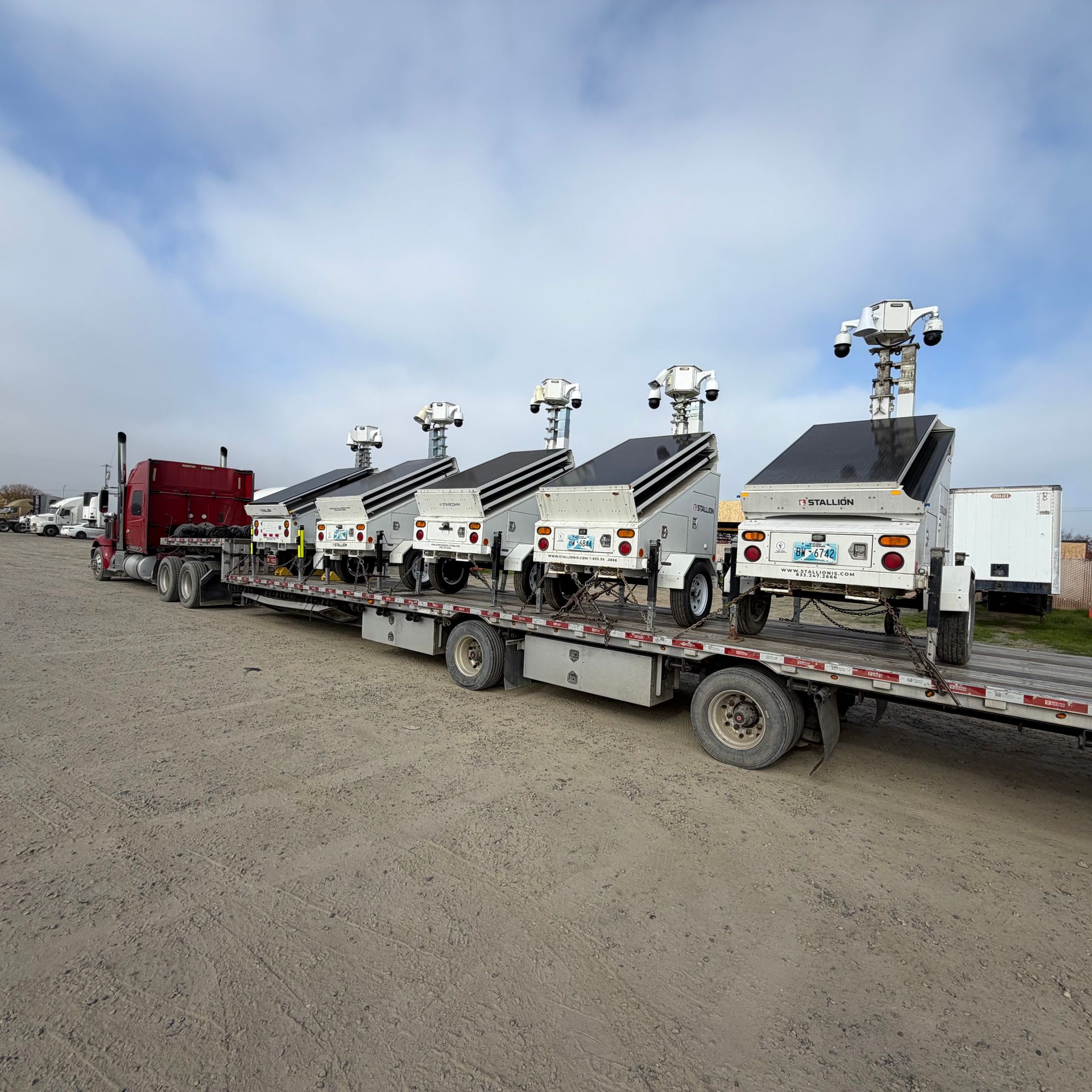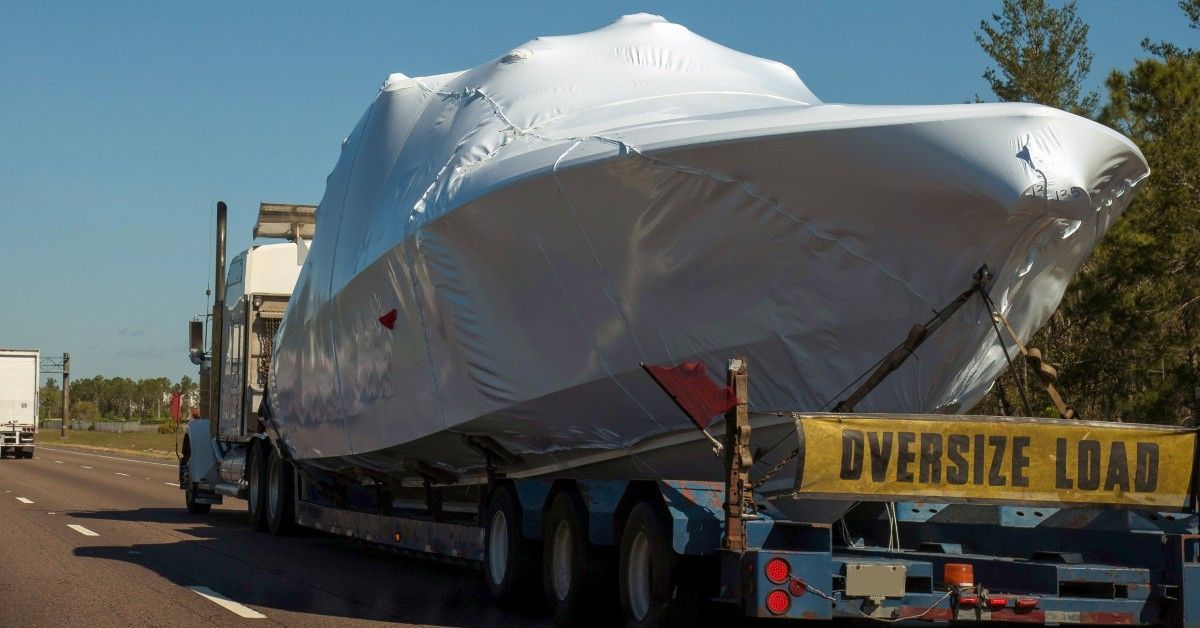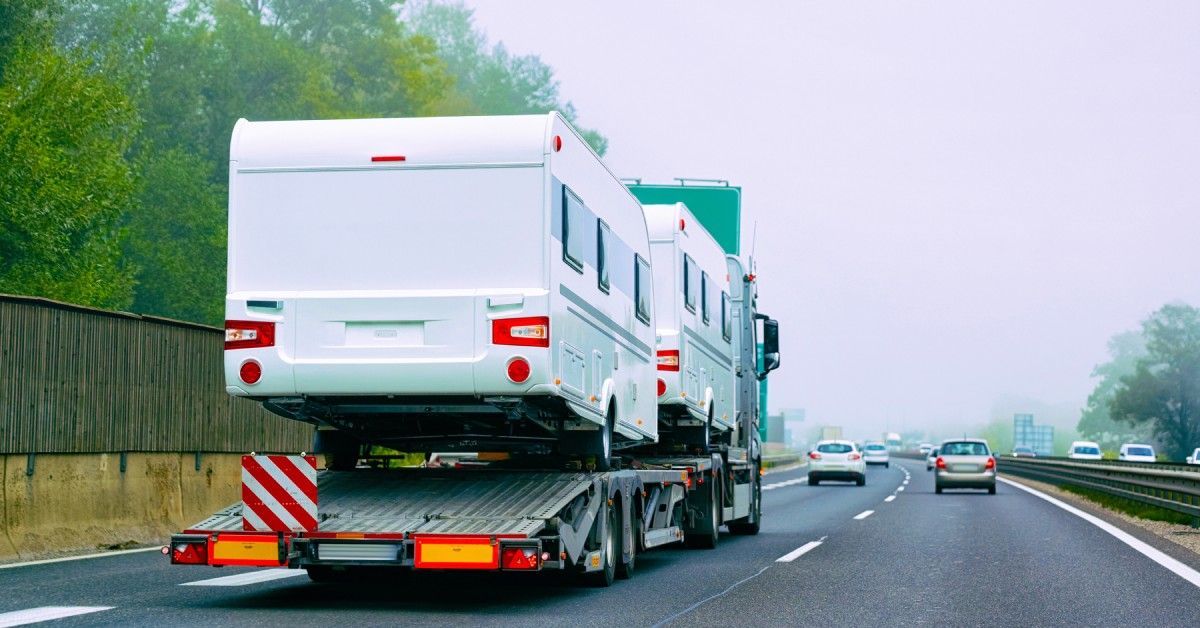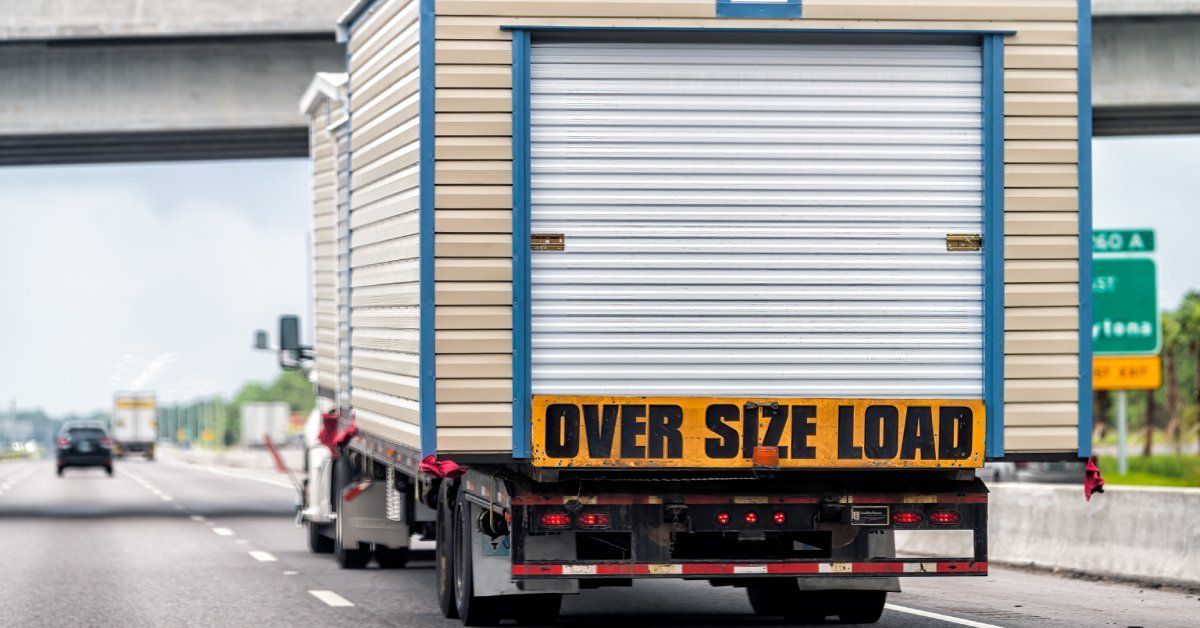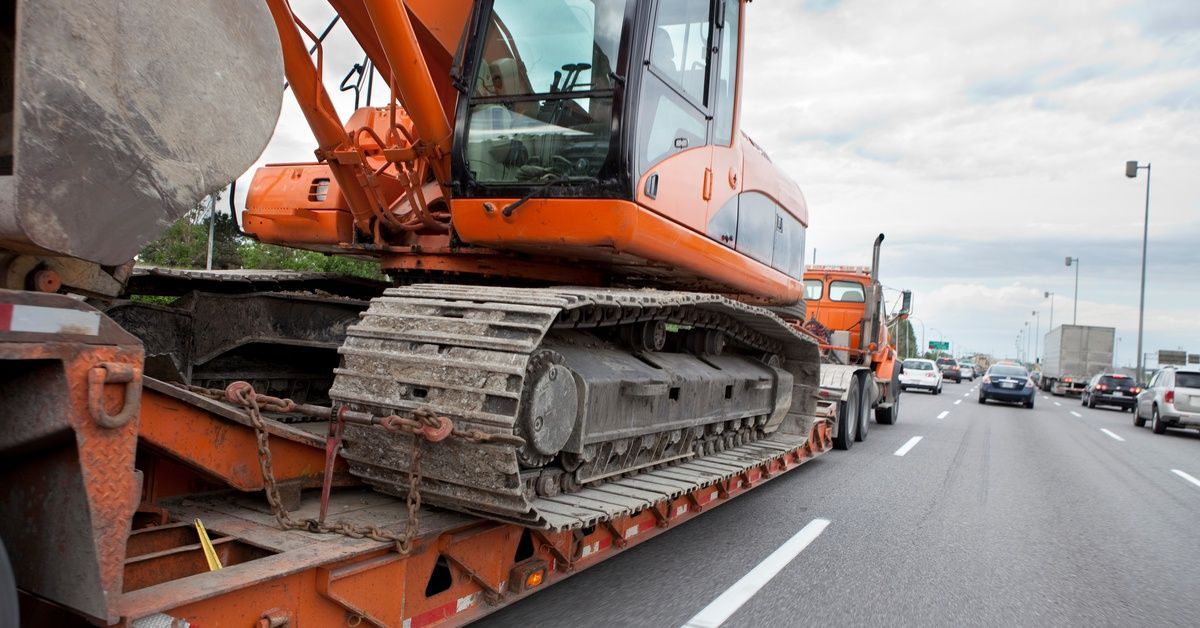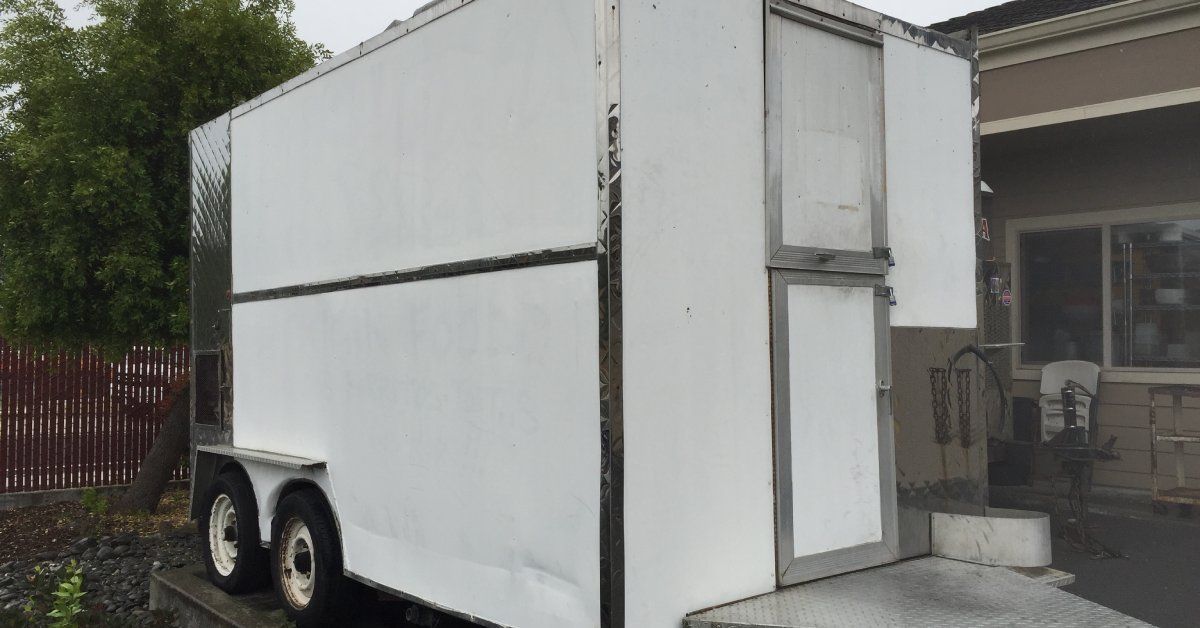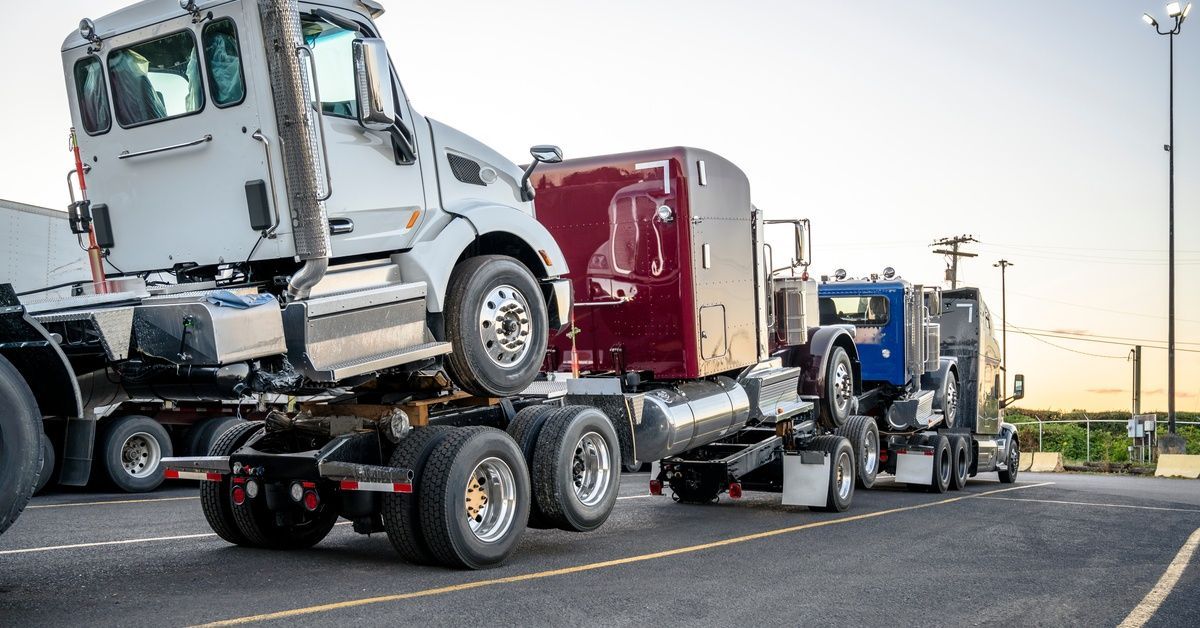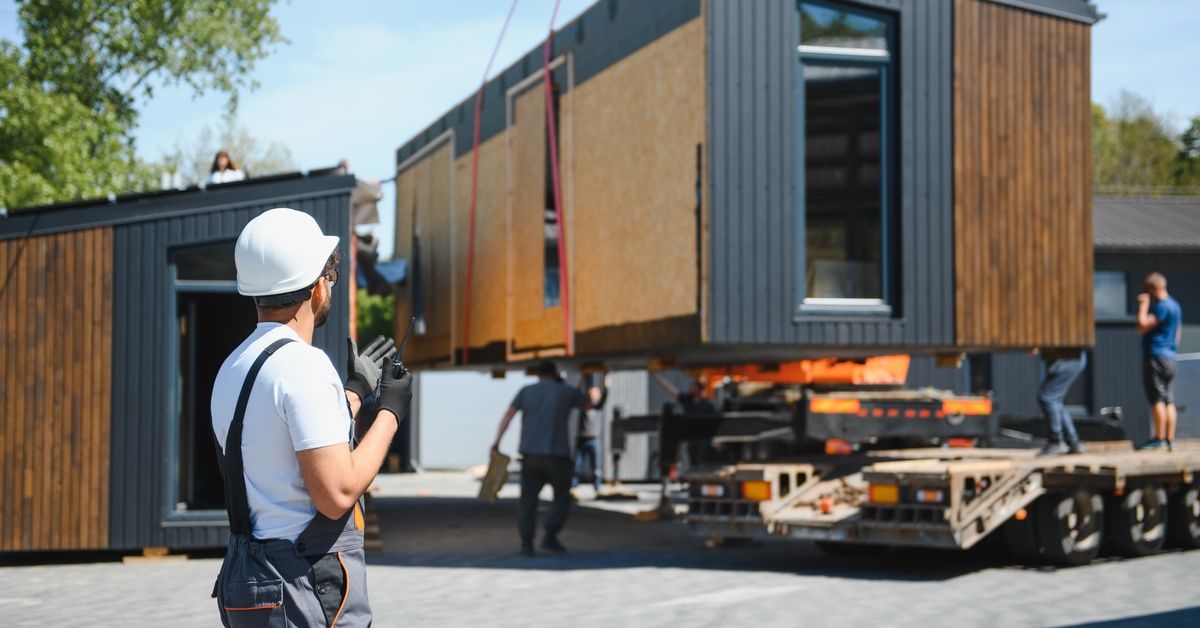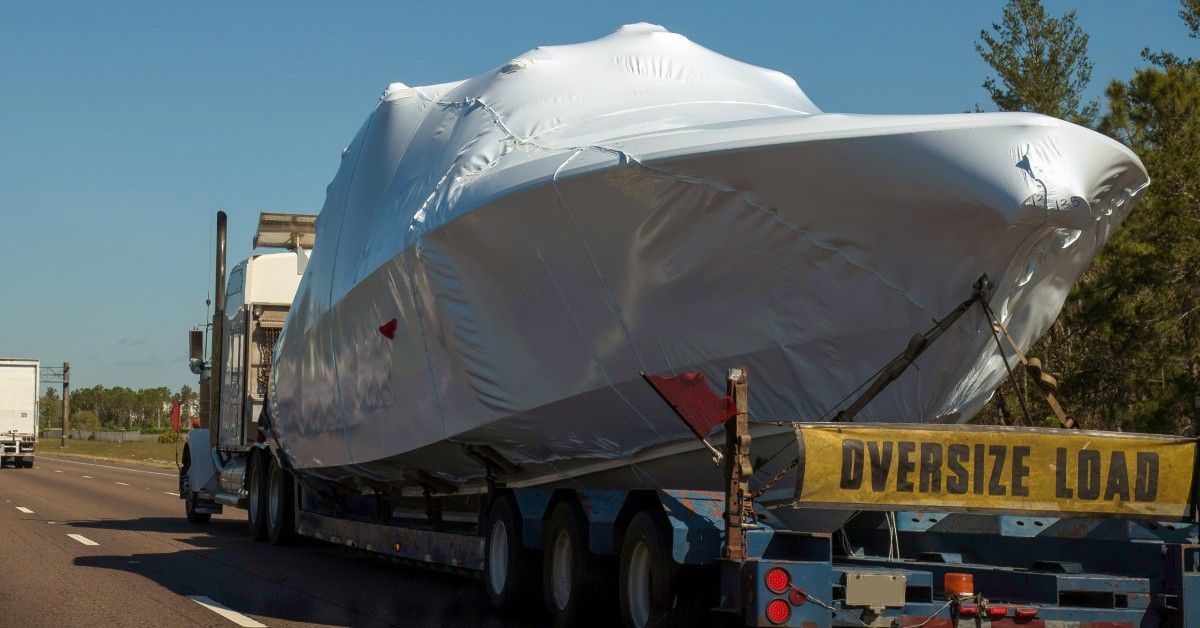A Quick Look at How Tiny House Laws Can Vary Between States
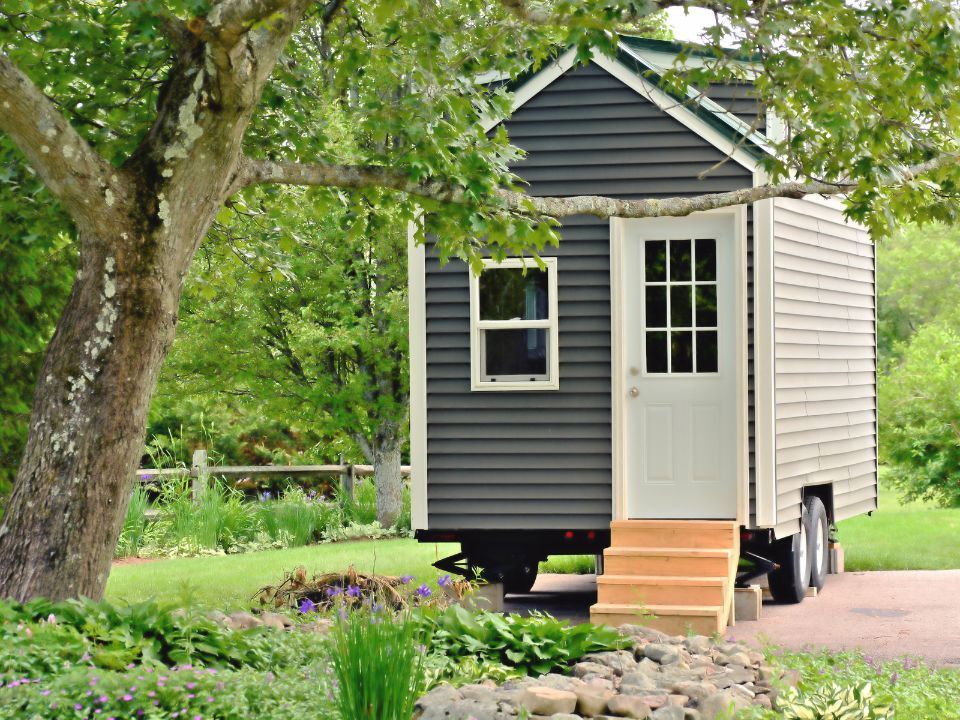
Many issues are subject to both national and state laws, including tiny houses. If you want to build and live in a tiny house in a specific state, you must learn the national and state laws regarding tiny homes. We provide a quick look at how tiny house laws can vary between states and what federal laws you need to know below.
US Building Codes
US building codes regulate how you construct your tiny house regardless of the state. There is a minimum ceiling height, emergency exit requirement, and plumbing and stair requirements. The minimum ceiling height for a dwelling is 6’8”, although you can get away with slightly shorter bathrooms. Emergency exit requirements can refer to doors or windows, but a residential house must provide at least two emergency exits. You must provide a separate bathroom and safe stairs or ladders to lofted areas.
Laws for Tiny Houses on Wheels
Across the US, most states recognize tiny houses on wheels as RVs or recreational vehicles. You will need to register your mobile tiny house as such and park it in approved locations. Some states or cities will allow you to register them as secondary living units, but unfortunately, that isn’t common. Luckily, there are plenty of approved areas for tiny house RVs across the US and Canada.
Laws for Tiny Houses on Foundations
The national government considers tiny houses built on foundations as accessory dwelling units, or ADUs. This means that in most cities and states, you cannot build a tiny house alone on a lot. You must have another, larger residential structure. Some cities and states are doing away with these once-national rules, but they are still the exception right now.
State Law Examples
City and state tiny house laws are changing to accommodate this growing lifestyle. Unfortunately, some locations are slower to adapt than others. For example, tiny houses are illegal in several states, including Alaska, Iowa, New York, and Louisiana. Meanwhile, some cities in Arkansas regulate tiny houses to a 600-square-foot minimum. Counties in Colorado require tiny houses to contain at least one separate closet and a clear kitchen space of at least 30 inches. Certain areas of Florida require tiny houses on wheels to have a foundation if it’s parked in one spot for over 45 days. Hawaii is starting to allow tiny houses as farm dwellings but still has strict zoning restrictions.
This quick look at how tiny house laws can vary between states offers only a glance at how laws can change across the US. Most tiny house builders and owners must check national, state, and local laws before building their dwellings. If you already have a tiny house you love and want to move it to a tiny house friendlier state, One Call Logistics can help. Our tiny house movers are experienced professionals that will make the moving process easy for you.
